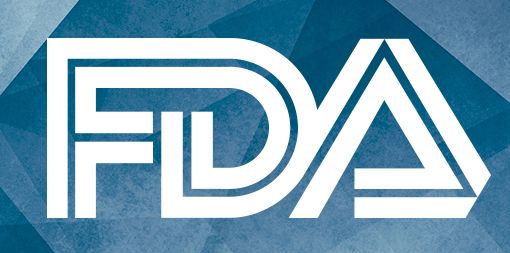Empagliflozin (Jardiance) Receives FDA Approval for Heart Failure with Reduced Ejection Fraction
The approval of empagliflozin for reducing risk of CV death and hospitalization for heart failure in patients with HFrEF comes less than a year after results of EMPEROR-Reduced were presented at ESC 2020.

The US Food and Drug Administration (FDA) has granted approval to empagliflozin (Jardiance) for reducing the risk of cardiovascular death and hospitalization for heart failure in adult patients with heart failure with reduced ejection fraction (HFrEF), according to a release from Boehringer Ingelheim and Eli Lilly and Company.
With approval based on the results of the landmark EMPEROR-Reduced trial, which concluded use resulted in a 25% reduction in cardiovascular death or heart failure hospitalization vs placebo, empagliflozin stands poised to play a major role in the treatment of HFrEF moving forward.
"Heart failure is a chronic, debilitating cardio-renal-metabolic condition affecting over 60 million people worldwide. As the prevalence of heart failure continues to rise, the need for new treatment options is critical," said Javed Butler, MD, Chairman, Department of Medicine, University of Mississippi, in the aforementioned release. "Empagliflozin is a vital new therapeutic option to reduce the risk of cardiovascular death and hospitalization for adults with heart failure with reduced ejection fraction."
The FDA’s approval for reducing risk of cardiovascular death and hospitalization for heart failure in patients with HFrEF is a culmination of sorts for the SGLT2 inhibitor. A class once viewed as an oral alternative to GLP-1RAs associated with modest reductions in HbA1c, SGLT2 inhibitors have been thrust into the spotlight in recent years as cardiologists, nephrologists, and endocrinologists began to learn more about the class’s cardiorenal protective benefits.
With approval coming less than a year after the results of EMPEROR-Reduced were presented at the European Society of Cardiology 2020 Congress, data from the phase 3 trial provide insight into the impact of empagliflozin in patients with HFrEF. A 3730-person trial with a median follow-up time of 16 months, results of the trial suggested empagliflozin significantly reduced the relative risk of the primary endpoint, which was a composite of cardiovascular death or hospitalization for heart failure by 25% (5.3% absolute risk reduction; HR, 0.75 [95% CI, 0.65-0.86]) vs placebo. The aforementioned release also pointed out a secondary analysis of the trial indicated use of empagliflozin was associated with significant reductions in relative risk of first and recurrent hospitalization for heart failure (HR, 0.70 [95% CI, 0.58-0.85]).
The release from Boehringer Ingelheim and Eli Lilly and Company notes empagliflozin is not for use in patients with type 1 diabetes and it is not intended to improve glycemic control in adults with type 2 diabetes and an eGFR below 30 mL/min/1.73m2. Additionally, empagliflozin is contraindicated in those with hypersensitivity to empagliflozin or any of the excipients of empagliflozin as well as those on dialysis.
"Today's approval is significant for the millions of people diagnosed with this form of heart failure, offering additional hope for those who have seen limited new treatment options over the last decade," said Jeff Emmick, MD, PhD, vice president, Product Development with Eli Lilly and Company. "Following EMPA-REG OUTCOME, this is the second U.S. regulatory decision stemming from the EMPOWER clinical trial program, which is exploring the impact of Jardiance on major clinical cardiovascular outcomes. Jardiance is already a recognized leader for adults with type 2 diabetes, including those who also have established cardiovascular disease.”